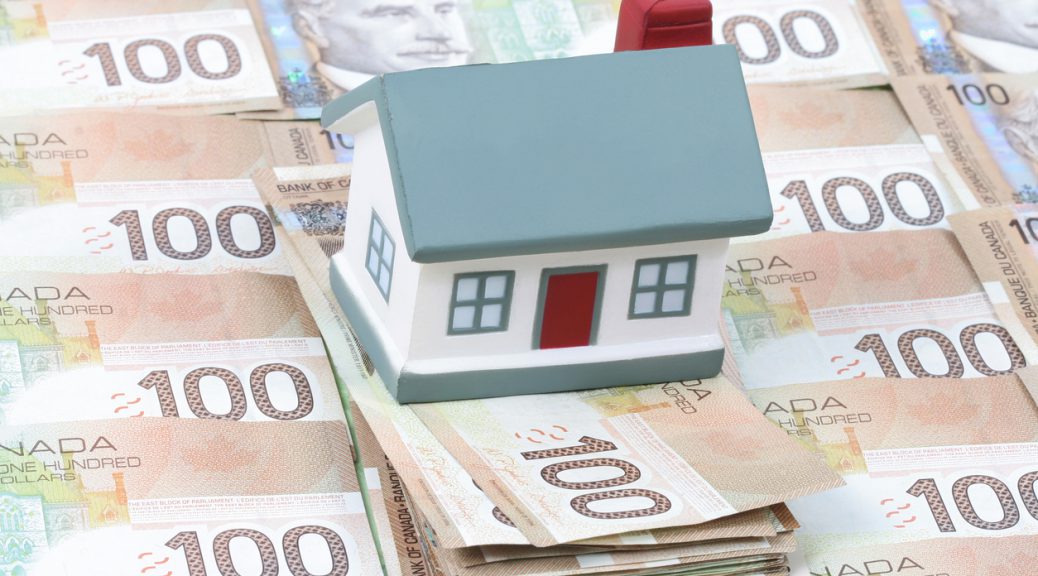Review this checklist so the home you buy doesn’t break the bank.
Consider these 8 home-related expenses:
- Home inspection fee: Before closing, it’s customary for the buyer to hire a home inspector to confirm the home meets building standards and is “up to code” for that city. The inspection cost is based on the size and complexity of the home’s systems, but on average the fee should be between $375 and $500, according to our BMO Home Buyer’s Guide. You are responsible for paying this to the inspector. It’s a good idea to make your offer conditional, based on a successful home inspection. Sure, the house might look beautiful, but your inspector may detect structural or other problems that you can then negotiate with the seller to either fix or deduct the repair cost from the agreed-upon price.
- Appraisal fee: Your mortgage lender will require an appraisal (for example, the current market value of the home) before they’ll finalize your loan. Appraisals generally cost between $250 and $500, according to the Canadian Mortgage and Housing Corporation (CMHC), and you may have the option to roll it into your closing costs.

- Utility bills: Unlike renters — who may have utilities built into their monthly rent payment — homeowners are responsible for all bills, such as water, gas, electric, home phone, cable and Internet. And this can add up faster than you may think. For example, keeping a home warm in the winter and cool in the summer can be pricey, depending on where you live. In fact, heating accounts for a significant part of the total expenses of Canadian households, according to Statistics Canada. Its Survey of Household Spending found Canadians spend an average of $1,895 on electricity, natural gas and other heating and cooking fuel a year. Need help planning? Use Natural Resources Canada’s home energy calculator to estimate how alternative energy sources and energy system replacements could potentially affect your energy bills.
- Assessments: Condos and townhomes often belong to an association, through which owners share the common costs of garbage pickup, landscaping, snow removal and other maintenance services. This fee is generally paid directly to the building’s management company. If you’re buying a condo in a new development, your real estate agent will estimate the assessment, but it may increase over time as the building ages and requires more repairs. Most jurisdictions require condominiums to provide potential buyers with an estoppel certificate (sometimes called a status certificate), which lists outstanding lawsuits against the condo corporation, the condo’s reserve fund balance and other important information that could affect future assessments in the building. It may cost up to $100 to obtain one. Note: Your building might, at some point, get a special assessment for major repairs or upgrades, like new carpet for the lobby or fixing the building’s ventilation system.
- Property taxes: Homeowners are required to pay property taxes, which are usually levied by your local and provincial governments. The amount will vary depending on your location. You can either pay the amount in one lump sum or you may pay a portion of it monthly along with your mortgage to spread out the payments (the money you pay goes into an escrow account, and the lender will submit your property tax payments on your behalf). Your property taxes should be included on your property listing. Some cities, provinces and territories also require you pay a land transfer tax when you close the sale, which, if applicable, will be a percentage of your property’s purchase price — potentially a few thousand dollars, according to the CMHC. If you’re a first-time home buyer, you may be eligible for a refund.
- Parking: In a busy metropolis, having a parking space may be a luxury, not a guarantee. When buying a condo, you’ll often have to purchase a parking space separately. Even if you own a home, some cities require that you purchase a parking permit to keep your car on the street. Check your city’s official website to investigate costs.
- Homeowner’s insurance: Your mortgage lender will require homeowner’s insurance, which you’ll likely pay annually, quarterly or in monthly instalments.
- Repairs and rehab: Set aside some money for future repairs, regular maintenance and rehab projects; CMHC’s household budget calculator suggests that homeowners should assume maintenance and repair costs will come to about one to three per cent of the property’s value each year. You never know when you might need to buy a new washing machine or replace your water heater. In addition to repairs and regular maintenance, other household expenses can arise suddenly when you’re a homeowner. CMHC recommends setting aside five per cent of your take-home pay in a special account for emergencies.
The next step
BMO mortgage specialists are here to work with you to help you make the right decision based on your needs and your lifestyle.
Looking for more information? Take our mortgage calculators for a spin, or view our latest rates and special offers.
Photos: iStock
